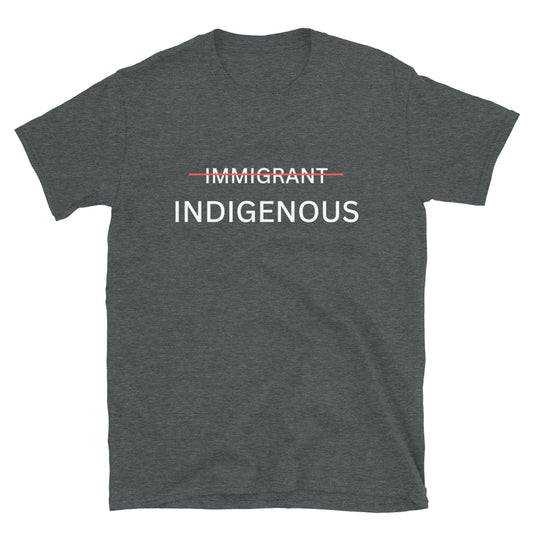
Canada Sanctions Chinese Officials Amid Rising Tensions
Share
 Recently, the Government of Canada sanctioned eight officials from China, citing "grave human rights violations" against ethnic and religious minorities as the basis for these actions. The officials targeted include those involved in policies deemed oppressive to various groups within China, particularly regarding the treatment of Uighurs in Xinjiang and Tibetans in Tibet. In response to these sanctions, the Chinese government has issued a strong condemnation, accusing Canada of hypocrisy and double standards concerning human rights practices. This back-and-forth illustrates the intricate nature of international relations, where actions taken by one nation can lead to significant tensions with another. The implications of these sanctions extend beyond the immediate diplomatic fallout; they may impact trade relations, affect bilateral cooperation on issues such as climate change, and influence the geopolitical landscape regarding human rights advocacy. Observers note that while sanctions are intended to hold individuals accountable, they could also complicate existing relationships and hinder dialogue between nations. It remains to be seen how both Canada and China will navigate this escalating tension, as each continues to assert its stance on human rights and international norms. The unfolding situation highlights the challenges faced by countries when balancing national interests with ethical considerations in foreign policy.
Recently, the Government of Canada sanctioned eight officials from China, citing "grave human rights violations" against ethnic and religious minorities as the basis for these actions. The officials targeted include those involved in policies deemed oppressive to various groups within China, particularly regarding the treatment of Uighurs in Xinjiang and Tibetans in Tibet. In response to these sanctions, the Chinese government has issued a strong condemnation, accusing Canada of hypocrisy and double standards concerning human rights practices. This back-and-forth illustrates the intricate nature of international relations, where actions taken by one nation can lead to significant tensions with another. The implications of these sanctions extend beyond the immediate diplomatic fallout; they may impact trade relations, affect bilateral cooperation on issues such as climate change, and influence the geopolitical landscape regarding human rights advocacy. Observers note that while sanctions are intended to hold individuals accountable, they could also complicate existing relationships and hinder dialogue between nations. It remains to be seen how both Canada and China will navigate this escalating tension, as each continues to assert its stance on human rights and international norms. The unfolding situation highlights the challenges faced by countries when balancing national interests with ethical considerations in foreign policy. This news brief is brought to you by Spanglish™ and BHIVE Labs. Please download our app free, use our geolocation business directory and support local Spanglish businesses in your neighbourhood.
BHIVE™ is a Canadian owned and operated company.
Source News Link









